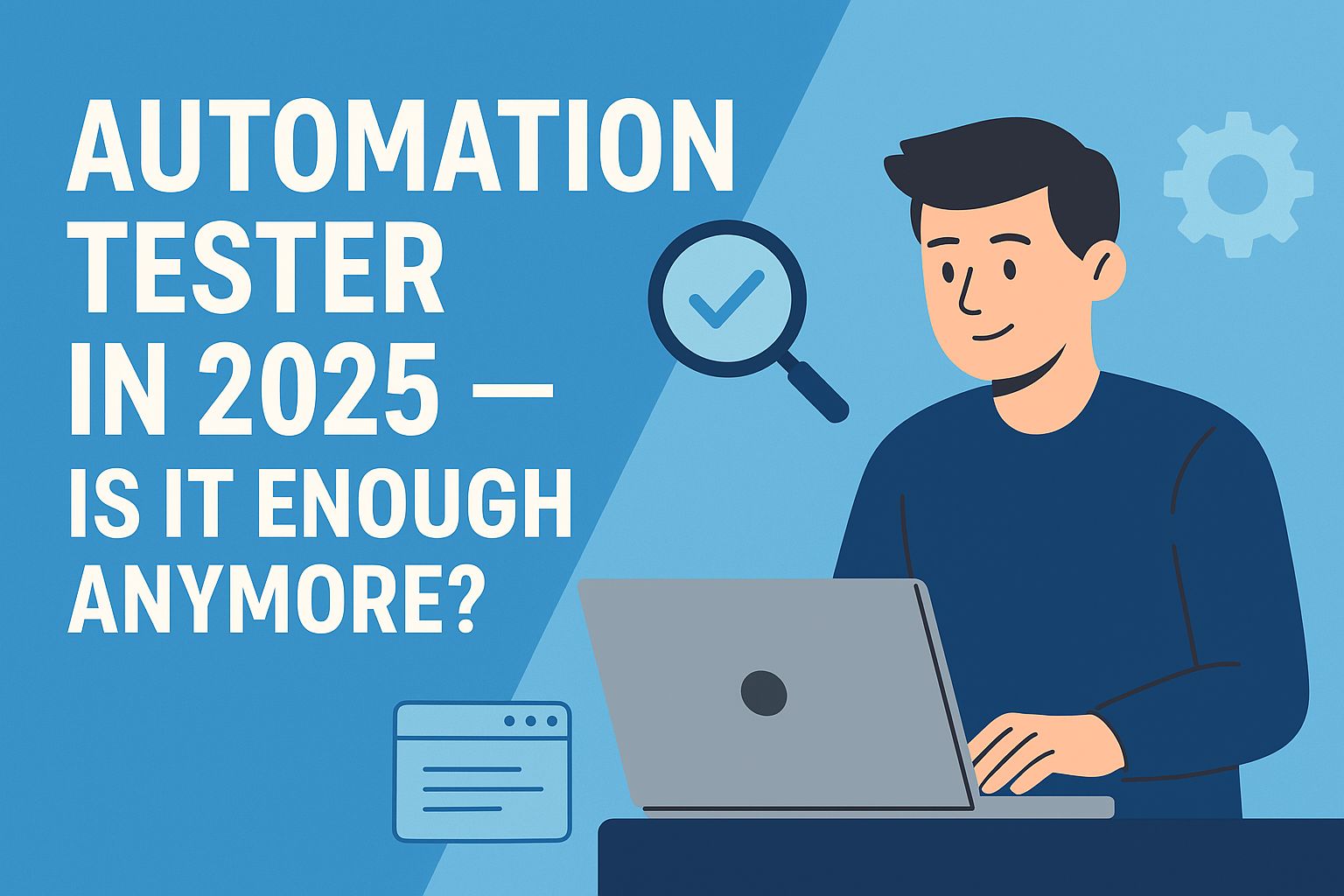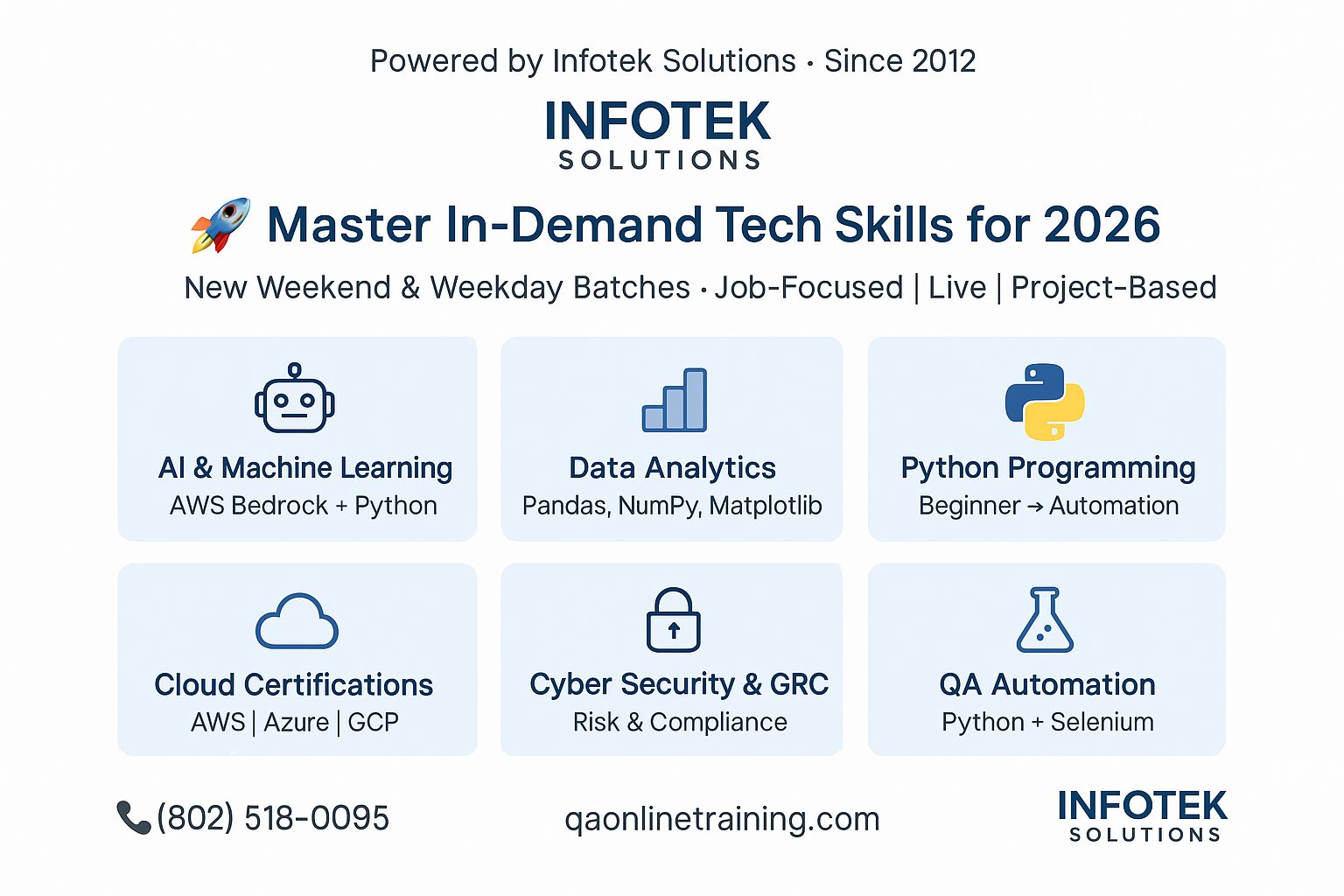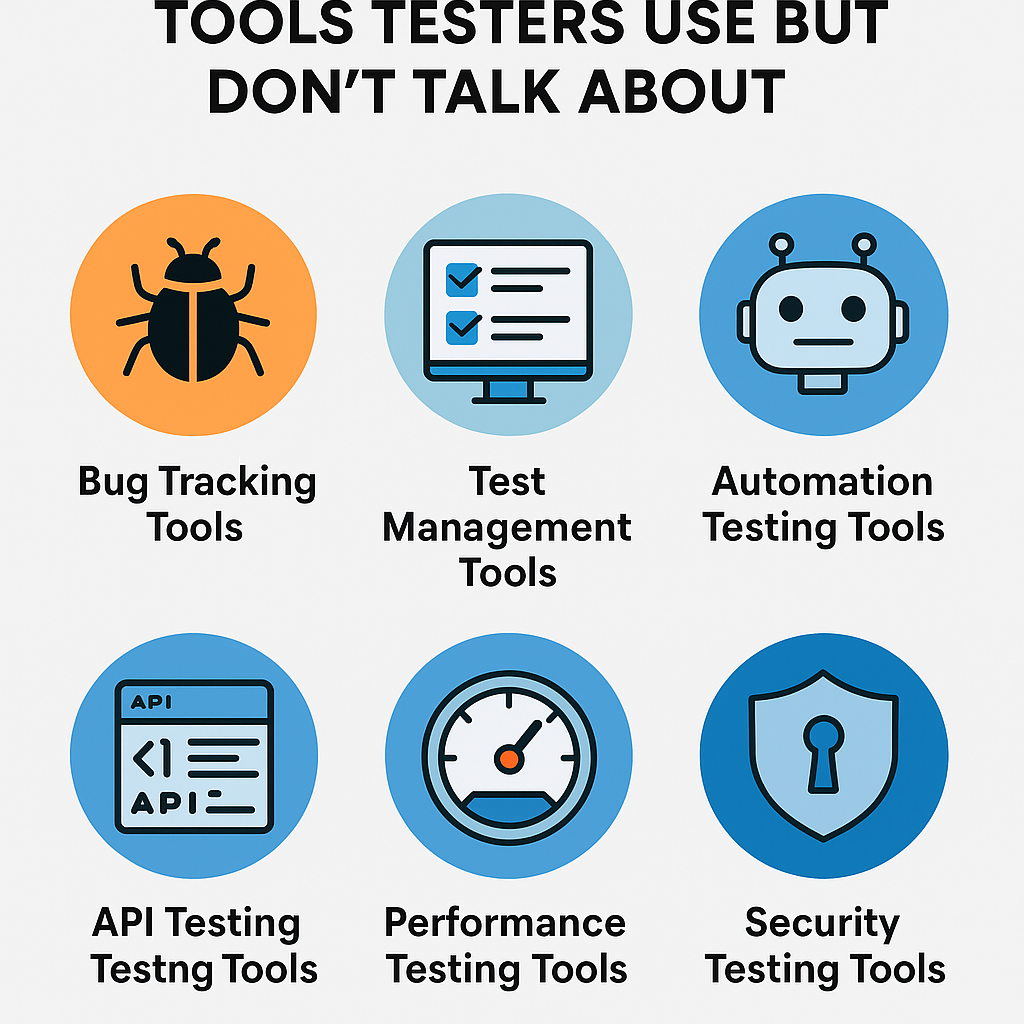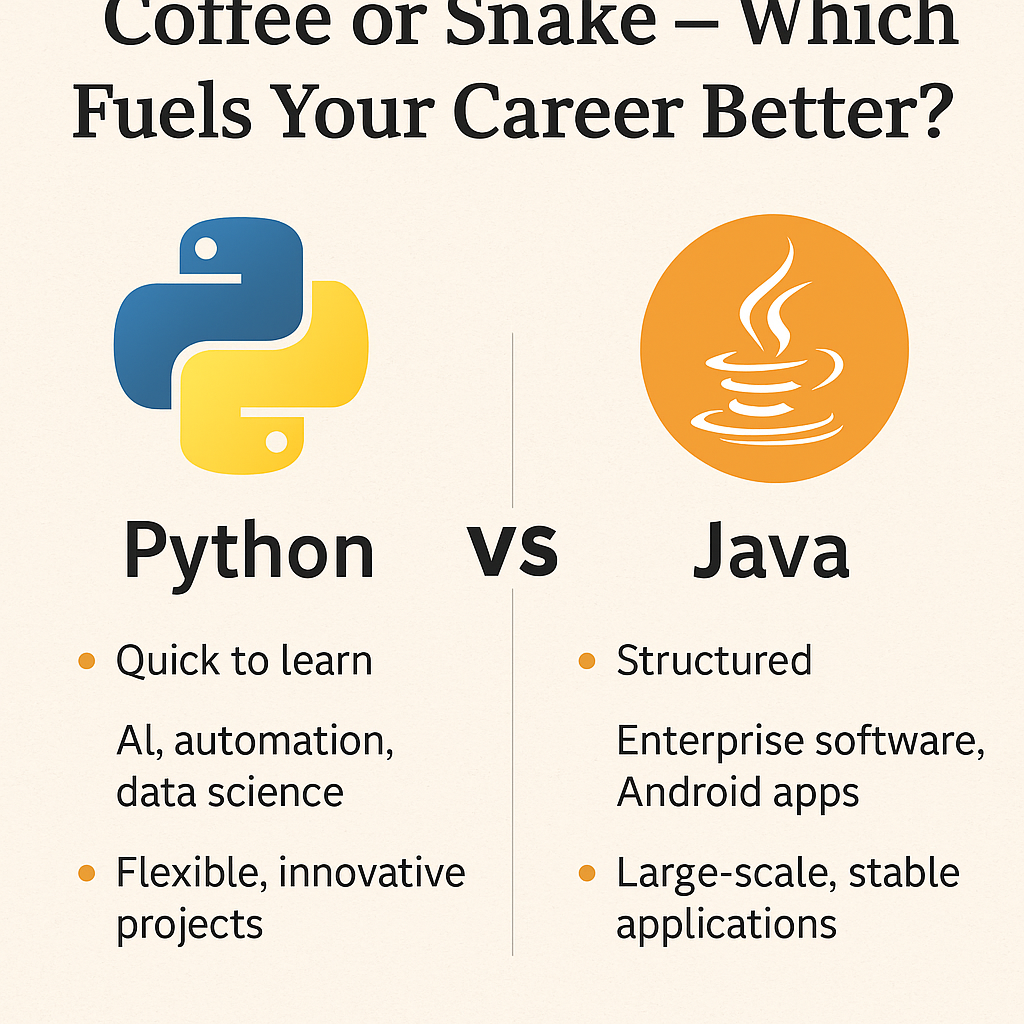The Skills, Trends & Job Titles That Are Changing the QA Game
A few years back, becoming an automation tester was straightforward.
You learned Selenium, picked up just enough coding to make scripts work, and — if you were persistent — you’d land an interview.
But 2025? Different world.
I see it with my own students here in Virginia all the time: the job titles are changing, the skill expectations are broader, and the “just do automation” mindset… well, it’s not going to cut it for much longer.
If you’re aiming for this career — or already in it — you need to understand what’s happening right now. Because companies aren’t looking for button-clickers with one tool on their résumé. They want QA professionals who can wear multiple hats without blinking.
Let’s dig into what’s still essential, what’s new, and where the industry is headed.
The Skills That Still Matter (and Always Will)
Even with all the changes, some things haven’t moved an inch. You still need a solid foundation. Without it, you won’t survive a technical interview — plain and simple.
1. A Strong Programming Language
Pick one. Python, Java, or JavaScript are still the top contenders. Be good enough to write clean, maintainable code — not just copy from Stack Overflow.
2. The Core Tools
Selenium WebDriver still rules the roost for browser automation, but Playwright and Cypress are moving up fast. Appium is your go-to for mobile.
3. Frameworks You Can Actually Use
Pytest, TestNG, JUnit, Mocha… pick what matches your language and learn it properly.
4. API Automation
REST Assured, Postman/Newman, or Python’s requests module. You need to know how to send a request, validate a response, and chain those tests into something meaningful. Read about how to perform API Testing with Robot framework
5. CI/CD Knowledge
Jenkins, GitHub Actions, GitLab CI—the big three for running tests automatically in a build pipeline.
Read about how to Automate E-commerce site with CI/CD pipeline in Jenkins
So what’s changed in 2025?
Here’s the reality: automation-only testers are a dying breed.
Not because the skill is useless — far from it — but because companies expect T-shaped testers now.
That means:
- Deep knowledge in automation
- Breadth across DevOps, APIs, performance testing, and even business workflows
DevOps Is Creeping Into QA
You’re not deploying production code — but you might run tests in a Docker container, troubleshoot something in Kubernetes, or connect your test runs to a cloud environment like AWS Device Farm or BrowserStack.
Back-End Knowledge is a Quiet Superpower
Being able to write an SQL query to verify a transaction in the database can save hours in debugging. Many testers skip it. Employers notice.
Performance & Security Awareness
No one’s asking you to be a full-blown security engineer, but you should know how to run a JMeter test and understand the OWASP Top 10 risks.
AI Is Here — and It’s Sticking Around
Some tools now use AI to generate tests, predict flaky failures, or summarize bug reports. Testim, Mabl, Functionize — worth at least exploring so you’re not caught off guard in interviews.
Business Domain Knowledge
This is underrated.
If you test an e-commerce site, you should understand checkout flows, payment gateways, and refund logic.
In fintech, you’d better know what transaction reconciliation means.
In healthcare, HIPAA isn’t just an acronym — it’s compliance you can’t ignore.
The Job Title Shift
Here’s something I’ve noticed: the term “Automation Tester” is quietly disappearing from job boards.
You’ll see these instead:
- QA Automation Engineer
- SDET (Software Development Engineer in Test)
- Quality Engineer (Automation + Manual)
- Test Automation Specialist with DevOps Skills
Translation? You’re not just running scripts anymore. You’re building frameworks, integrating with pipelines, and talking to developers about architecture decisions.
Why Diversification is Non-Negotiable
The modern QA role is part tester, part developer, part business analyst, and — if we’re honest — part firefighter.
Why?
- Agile teams are cross-functional; pure manual or pure automation silos are shrinking.
- Testing starts earlier (“shift left”), so you’re reviewing requirements before a single line of code is written.
- Tools change fast — and AI will automate pieces of test creation — so your value comes from how you integrate those tools into a bigger strategy.
If you’re the person who can only do Selenium automation, you’ll always be replaceable.
If you’re the person who can talk APIs, set up tests in CI/CD, and suggest better business flows? You’re golden.
A Practical Skill Roadmap for 2025
Here’s what I’d tell someone starting fresh today:
Phase 1 – Foundation (First 3 Months)
- Learn Python, Java, or JavaScript
- Get comfortable with Selenium or Playwright
- Pick a test framework and actually build something with it
- Learn Git basics for version control
Phase 2 – Expansion (Months 4–6)
- Add API automation with Postman or REST Assured
- Learn how to connect automation to CI/CD
- Explore Docker for running tests in containers
Phase 3 – Differentiation (Months 7–9)
- Learn performance testing basics (JMeter, k6)
- Experiment with an AI-assisted testing tool
- Dive into a domain — e-commerce, fintech, healthcare, SaaS
The Employer’s Checklist
When recruiters talk to candidates, here’s what they’re really asking in their head:
- Can you do more than write scripts?
- Can you integrate into our DevOps pipeline?
- Do you understand our product enough to test beyond the obvious?
- If we switch tools, will you adapt or panic?
If you can honestly answer yes to all of that — you’re already ahead of 80% of applicants.
The Takeaway
Automation testing isn’t “dead.” But the automation-only tester is fading out.
In 2025, the testers who thrive are the ones who:
- Keep their core automation sharp
- Stretch into DevOps, APIs, cloud, and performance testing
- Understand business context
- Stay curious and adaptable
If you’ve been waiting for the “right time” to level up, this is it. The industry’s already moved — now it’s your turn.
📌 At Infotek Solutions, we’ve rebuilt our Automation testing program to match exactly what companies are asking for in 2025. It’s not about chasing every new tool—it’s about building a skill set that can ride out the future years of change.
If you want to see the full 2025 Automation Tester Skill Map we use, drop a READY in the comments. I’ll share it with you.












